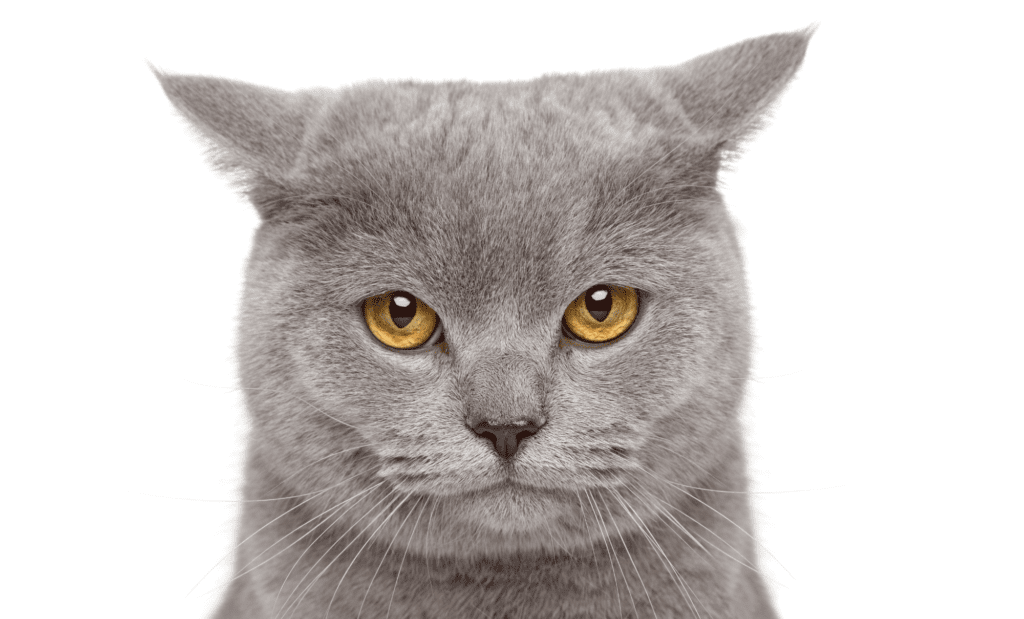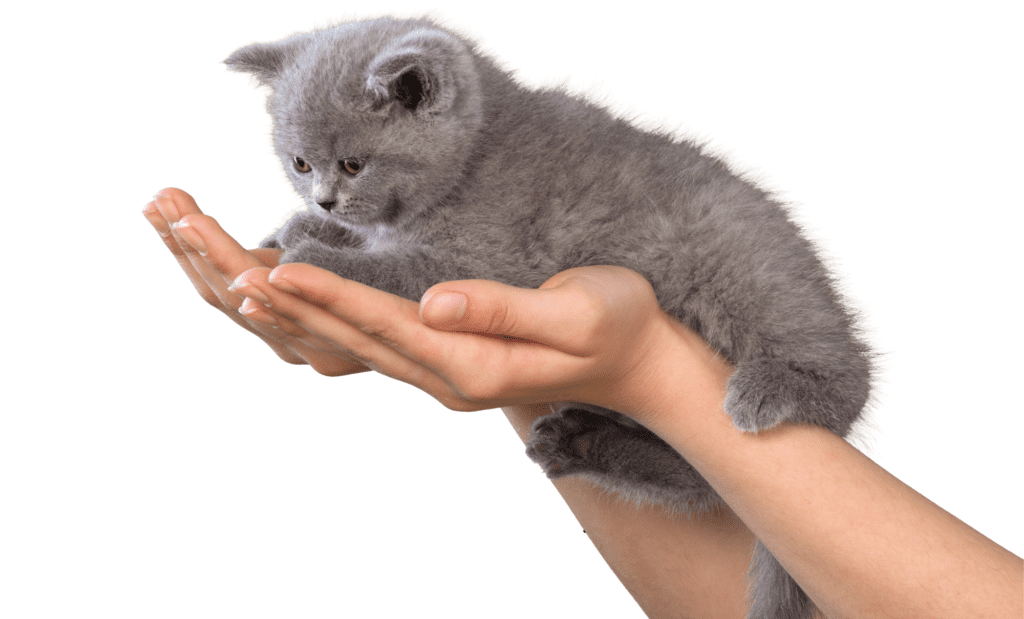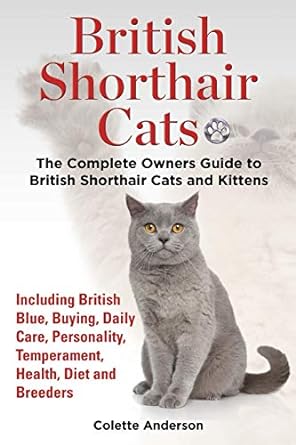Living with a British Shorthair: You Need to Know!
This post may contain affiliate links, which means I’ll receive a commission if you purchase through my link, at NO EXTRA COST TO YOU
The British Shorthair is a charming and popular breed known for its robust health, plush coat, and calm demeanor. If you’re considering welcoming a British Shorthair into your home, it’s important to understand their needs and characteristics to ensure a happy and fulfilling relationship. In this comprehensive guide, we’ll cover everything you need to know about living with a British Shorthair, from their personality and grooming needs to their health and daily care.

British Shorthair as a Family Member: A Detailed Exploration
The British Shorthair is a breed renowned for its charming appearance and balanced temperament. As a family member, this breed offers a unique blend of independence and affection, making it a great companion for households of all types. In this blog, we will delve into what makes the British Shorthair an ideal family cat, exploring their personality traits, interactions with children and other pets, and the responsibilities of integrating one into your home.
1. The British Shorthair Personality: A Perfect Balance
The British Shorthair is known for its calm and easygoing nature. They are typically gentle, patient, and adaptable, making them a great choice for families. Here’s a closer look at their key personality traits:
- Affectionate Yet Independent: British Shorthairs are affectionate but not overly demanding. They enjoy being around their family members but are equally content to spend time alone. This balance makes them ideal for both active households and those who prefer a quieter environment.
- Gentle and Patient: This breed is known for its patience, making them excellent companions for children. They tend to handle the rough-and-tumble play of younger kids well and are generally tolerant of handling.
- Low-Maintenance: While they enjoy attention, British Shorthairs are not overly clingy. They appreciate being involved in family activities but are also content with their own space. Their low-maintenance nature is a plus for busy families.

2. Interactions with Children: A Natural Companion
British Shorthairs are often praised for their compatibility with children. Their gentle disposition and patient attitude contribute to their role as a loving family member. Here’s why they work well in homes with kids:
- Playful Yet Gentle: British Shorthairs enjoy interactive play, making them fun companions for children. They engage in games like fetch and enjoy toys that stimulate their curiosity. Their playful nature is balanced with a gentle approach, ensuring they remain calm even when playtime gets boisterous.
- Patient and Tolerant: This breed’s patience is a significant advantage in households with young children. British Shorthairs tend to tolerate handling and petting, even if it gets a bit rough, which can help teach kids to be gentle and respectful towards pets.
- Low Aggression: British Shorthairs are known for their even temperament. They rarely display aggressive behavior and are less likely to react negatively to the occasional accidental bump or grab, which is ideal for families with energetic kids.
3. Integration with Other Pets: Harmony at Home
British Shorthairs typically get along well with other pets, making them a good fit for multi-pet households. Their adaptable nature and non-confrontational attitude contribute to peaceful cohabitation:
- Easygoing Attitude: British Shorthairs generally have a laid-back approach to life, which helps them adjust to the presence of other pets. They are not territorial and tend to accept new companions, whether they are other cats or dogs.
- Socialization: Early socialization is key to ensuring a smooth introduction between a British Shorthair and other pets. Proper introductions and gradual acclimatization can help establish positive relationships and prevent any potential conflicts.
- Observation and Supervision: As with any new pet introduction, monitoring their interactions initially is important. Observing how your British Shorthair interacts with other pets can help address any issues and ensure everyone is comfortable.
4. Care and Maintenance: Ensuring a Happy Home
Caring for a British Shorthair involves meeting their basic needs while also attending to their unique characteristics. Here’s what you need to know to keep your British Shorthair healthy and happy:
- Grooming: British Shorthairs have a dense, plush coat that requires regular grooming to keep it in top condition. Weekly brushing helps manage shedding and prevents matting. Their grooming needs are relatively low compared to long-haired breeds.
- Health Care: Regular veterinary check-ups are essential to monitor your British Shorthair’s health. Being aware of common breed-specific health issues, such as heart conditions and dental problems, can help with early detection and treatment.
- Diet and Exercise: A balanced diet and regular exercise are crucial for maintaining your British Shorthair’s overall health. While they are generally not prone to obesity, providing engaging toys and playtime can help keep them active and fit.
- Mental Stimulation: British Shorthairs benefit from mental stimulation, so providing interactive toys and engaging activities can help keep them entertained. Puzzle toys and climbing structures can offer both mental and physical stimulation.
5. Creating a Harmonious Home Environment
To ensure your British Shorthair thrives as a family member, it’s important to create a comfortable and welcoming environment:
- Safe Spaces: Providing your British Shorthair with a cozy, safe space where they can retreat and relax is important. This can be a quiet corner or a designated cat bed where they feel secure and undisturbed.
- Family Involvement: Involving all family members in the care and interaction with your British Shorthair helps strengthen the bond between them. Teaching children to handle the cat gently and respectfully fosters a positive relationship.
- Regular Interaction: Regular playtime and affectionate interaction help maintain a strong bond between your British Shorthair and your family. Positive reinforcement and rewards for good behavior can enhance their well-being and happiness.

Conclusion
The British Shorthair makes an exceptional family member with its balanced temperament, affectionate nature, and compatibility with children and other pets. Their gentle demeanor and adaptability ensure they fit seamlessly into various family dynamics, providing both companionship and joy. By understanding their unique traits and meeting their care needs, you can ensure a harmonious and fulfilling relationship with your British Shorthair. Whether you’re looking for a playful companion or a serene presence, the British Shorthair’s enduring charm and loving nature make them a wonderful addition to any home.
© Copyright 2024. All rights reserved.



